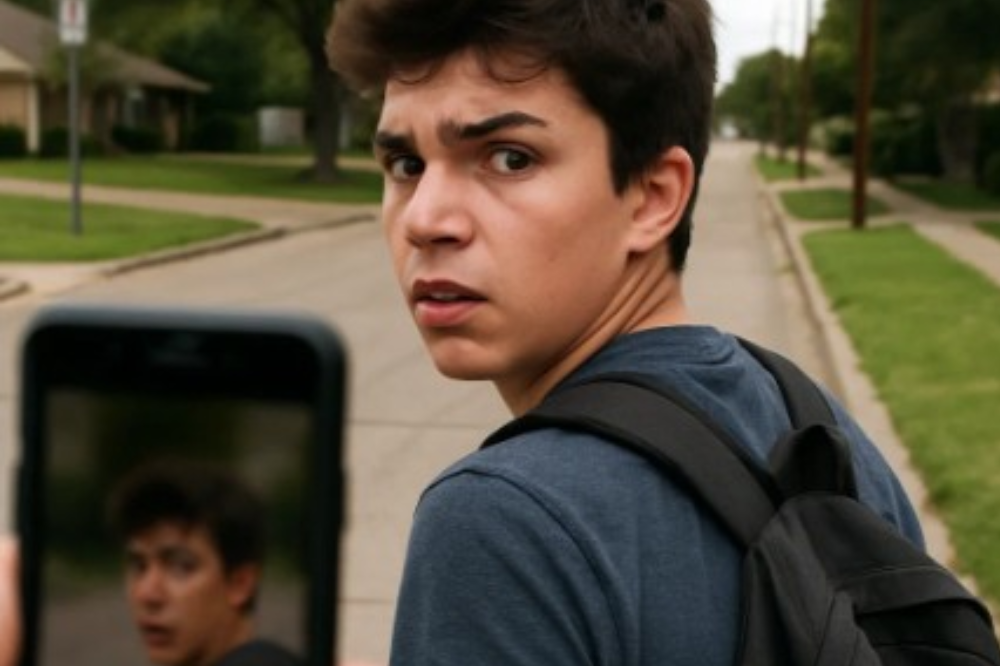
It looks like harmless fun: someone asks a stranger to film them, then suddenly flips the camera to catch their shock and posts it for laughs. But behind the giggles, an expert says this viral trend is really a new form of public shaming — and a sign of something far darker.
Dr Ragnar Purje, Adjunct Lecturer School of Education and the Arts at the CQUniversity, points out that while humiliation has always been a cruel act, social media has given it a new stage and a far larger audience.
“When cruelty becomes content, we erode our moral compass,” Dr Purje said. “Making humiliation go viral doesn’t neutralise it, it magnifies it.”
Dr Purje says young people are particularly at risk because their brains are still developing, adding that attention, memory and executive functioning can be compromised by heavy or uncritical reliance on social media platforms.
He says these cognitive skills are essential for navigating social dilemmas, managing impulses and understanding consequences.
“The brain is not fully mature until around age 25,” he said. “That means young people are more vulnerable to the social pressures and emotional consequences that digital trends can create.”
As online content increasingly replaces imaginative play, cooperation and real-world interactions, the long-term impacts may be profound, Dr Purje cautioned.
“Play is not just a pastime – it is how we learn empathy, resilience and autonomy, and if screen-based trends displace real play, we risk raising a generation that struggles in these areas.”
He says the ‘flip the camera’ trend shows how a seemingly small piece of digital behaviour can reflect broader issues in society.
He believes parents and carers have a crucial role to play by encouraging children to question trends, understand consent and practise empathy. Educators, too, have an important role to play by embedding media literacy into learning so young people can recognise the real-world effects of their online behaviour.
“This is not about policing fun,” he said. “It is about deciding who we want to be as a society.”

